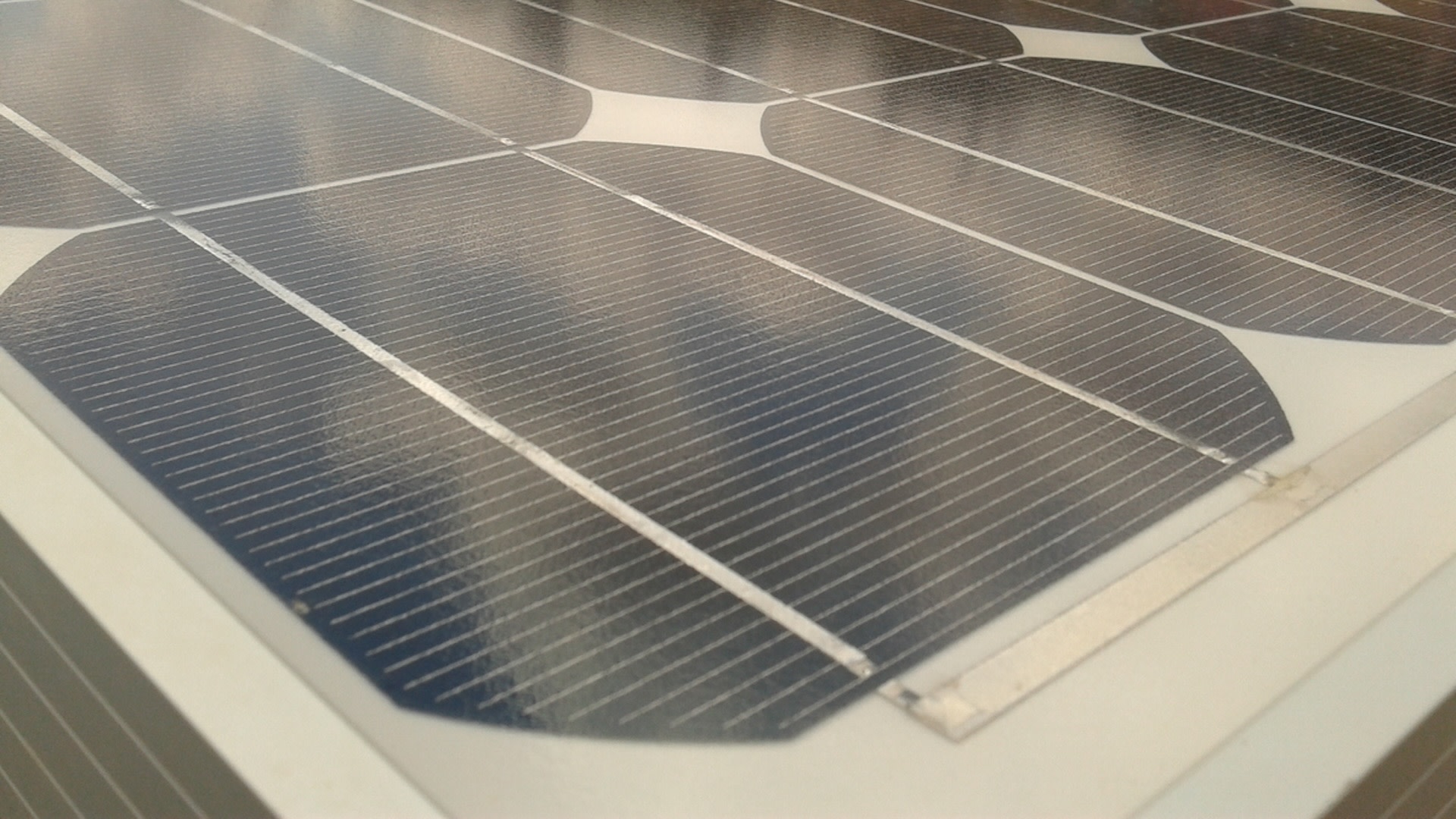Researchers at Curtin University have found they can improve molecule adhesion by optimizing nanocrystal shapes, which could improve the function of solar panels, LEDs, and medical devices.
Associate Professor Guohua Jia from Curtin's School of Molecular and Life Sciences, and lead author of the study, found that molecules known as ligands stick more easily to zinc sulfide nanocrystals in specific shapes, as reported by SciTechDaily.
"In a discovery that could open new possibilities for developing smarter, more advanced devices, our study found flatter, more even particles called nanoplatelets allow more ligands to attach tightly, compared to other shapes like nanodots and nanorods," Jia told SciTechDaily.
"By adjusting the shape of these particles, we were able to control how they interacted with their surroundings and make them more efficient in various applications."
This discovery could lead to enhancements in optoelectronics, which concerns the study and use of devices that are light-emitting or light-detecting.
Solar panels are one of the most important types of optoelectronic devices, given our current climate scenario, although TVs and displays are perhaps the most common.
Advances in solar technology are essential in helping us meet our net-zero 2050 goals, and phasing out dirty fuels like coal and natural gas.
Improving their efficiency has been a continued goal in the green tech sector, especially for NASA's space projects.
Canary Media reported that 428 gigawatts of solar was installed across the globe last year, which is more than both 2021 and 2022 combined. That trend is expected to continue, with an estimated 560 gigawatts of installations expected by the end of 2024, according to the Office of Energy Efficiency & Renewable Energy.
🗣️ What should be done to make home solar panels cheaper?
🔘 More tax incentives 🏦
🔘 Lower installation costs 🧑🔧
🔘 Better loan options 💸
🔘 They're cheap enough already 🤷
🗳️ Click your choice to see results and speak your mind
By installing your own rooftop solar array, you can increase your home's value, lower electricity costs for everyone in the area, and support the push towards sustainable energy solutions.
The benefits of this discovery are more far-reaching than just clean solar energy collection, however.
"Optoelectronics are important in many modern technologies, including telecommunications, medical devices, and energy production," as Associate Professor Jia explained in the SciTechDaily report.
"The ability to efficiently manipulate light and electricity is central to the advancement of faster, more efficient, and more compact electronic systems.
"Other devices that could be advanced by this discovery include photodetectors that sense light and convert it into an electrical signal, such as in cameras and sensors, plus laser diodes used in fiber-optic communication that convert electrical signals into light for data transmission."
Join our free newsletter for weekly updates on the latest innovations improving our lives and shaping our future, and don't miss this cool list of easy ways to help yourself while helping the planet.









